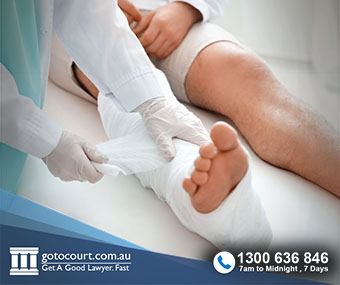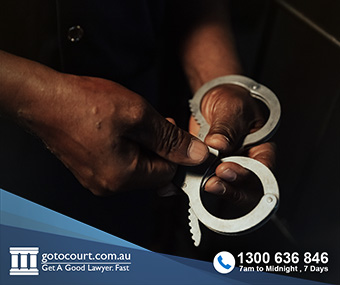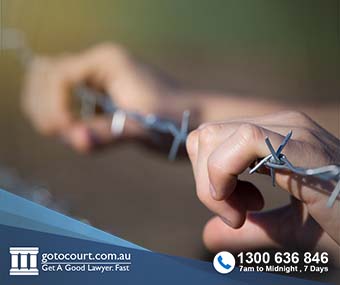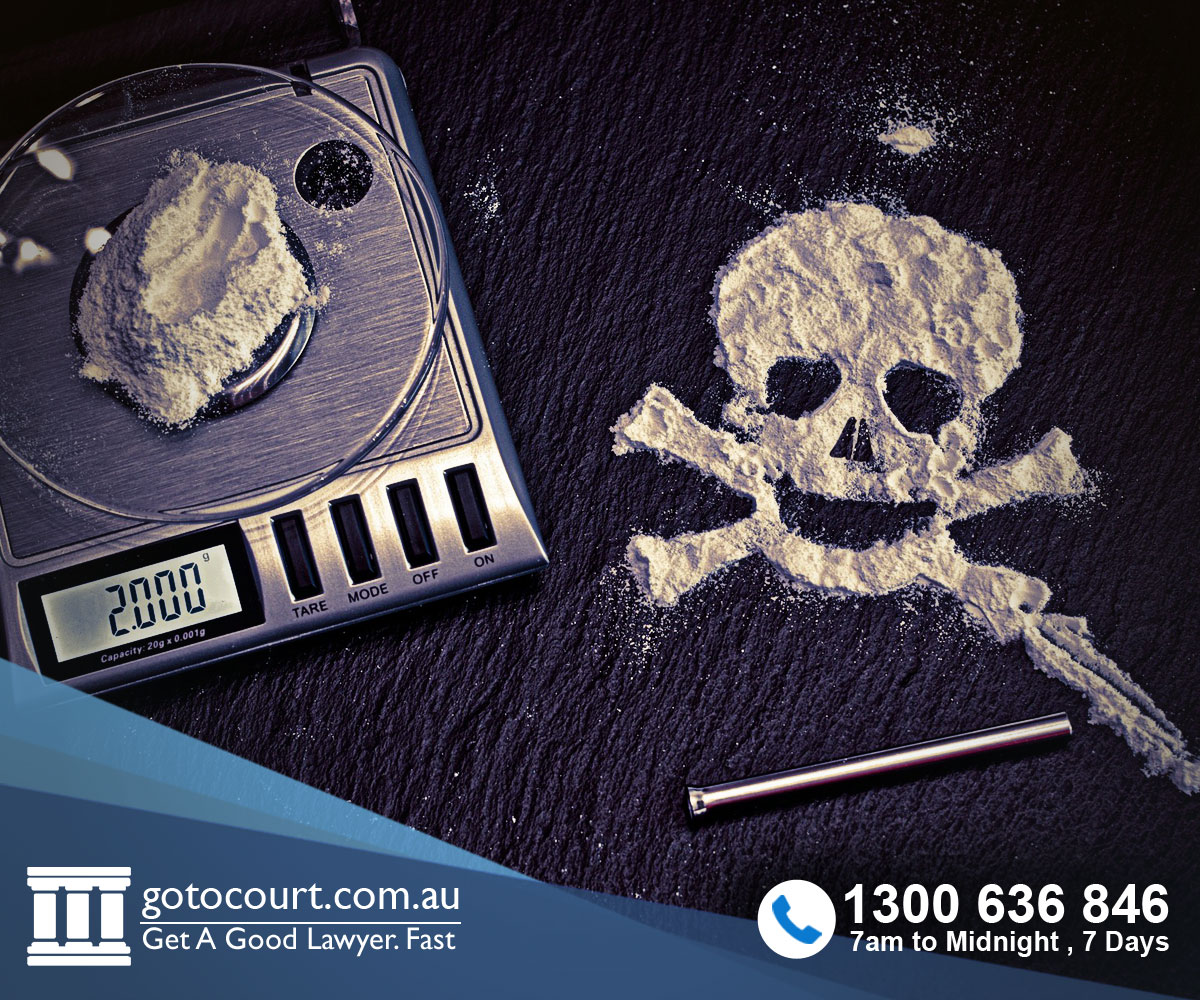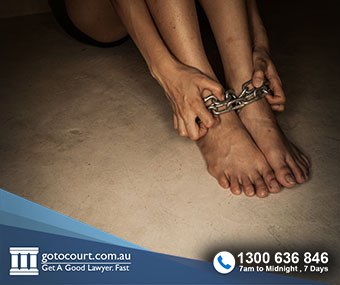Common Assault in Western Australia
Common Assault in Western Australia
In Western Australia, there are a number of assault offences contained in the Criminal Code Act Compilation Act 1913. These include common assault, assault occasioning bodily harm, assault with intent and serious assault. This page deals with common assault in WA.
Legislation governing common assault in Western Australia
Common assault is an offence under section 313 of the Criminal Code Act Compilation Act 1913.
Penalty for common assault
Common assault carries a maximum penalty of 18 months imprisonment or a fine of $18,000.
Penalty for aggravated common assault
If the offence is aggravated the maximum penalty is increased to three years imprisonment or a fine of $36,000.
An assault is aggravated if:
- The offender is in company with another person;
- The offender does bodily harm to a person;
- The offender threatens to kill a person;
- The victim is aged over 60.
What is common assault?
A common assault occurs when a person:
- Applies force to another person without their consent and without lawful excuse;
- Causes another person to apprehend the immediate application of force without their consent and without lawful excuse.
A common assault does not require the victim to suffer injury. It does not even require the offender to make physical contact with the victim. It is enough that the victim apprehends that physical contact is about to be made – for example, because the offender raises their fist as if to hit the victim.
Jurisdiction
Common assault is simple offence and is finalised in the Magistrates Court or Children’s Court.
Pleading guilty to common assault in Western Australia
If you have been charged with common assault and want to plead guilty, you should first carefully review the charge and the police summary of facts with a lawyer. You should only plead guilty if all the elements of the offence are made out and there is no defence available.
You should also ensure that you agree with the police summary of facts as the court will sentence you based on this information. If there are statements in this document that you do not agree with, your lawyer may be able to negotiate with the prosecution to have it amended.
The court will take into account your circumstances when sentencing you. It is important to present the court with all the information that could be seen as mitigating your offending. This may include character references, medical or psychological reports and any evidence that you have taken steps to address the causes of your offending.
Pleading not guilty to common assault in Western Australia
If you have been charged with common assault and want to plead not guilty, the court will adjourn the matter so that the prosecution can prepare and serve the brief of evidence. This is a copy of all the evidence that the prosecution is planning to rely on against you. You should review the brief of evidence carefully with your lawyer.
Your matter will then be set down for a contested hearing. On this day, the court will hear evidence and submissions from both parties and the magistrate will decide whether you have been proven guilty beyond a reasonable doubt.
If you are found guilty, the magistrate will impose a sentence. If you are found not guilty, the matter will be dismissed.
Defences to common assault in Western Australia
A person who is charged with common assault in Western Australia can rely on a legal defence or a factual defence. Some legal defences to common assault are outlined below.
The defence of self-defence
Under section 248 of the Criminal Code Act Compilation Act 1913, a person is not guilty of an offence if they act in self-defence believing that their actions are necessary in self-defence AND their actions are a reasonable response in the circumstances as the accused reasonably believes them to be.
The defence of duress
Under section 32 of the Criminal Code Act Compilation Act 1913, a person is not guilty of an offence if they carried out the act because of a threat that they feared would be carried out if they did not carry out the act AND the act was a reasonable response to the threat in the circumstances.
The defence of domestic discipline
Under section 257 of the Criminal Code Act Compilation Act 1913, a person is not guilty of an assault if they were disciplining a child who was under their care and the force used was reasonable in the circumstances.
The defence of immature age
A person cannot be found guilty of an offence if they are below the age of 10. A child between the ages of 10 and 14 can only be found guilty of an offence if the prosecution can prove that they had the capacity to understand the difference between right and wrong and to know that their actions were wrong. This is known as the doli incapax (‘incapable of evil’) rule.
If you require legal advice or representation in any criminal matter, please contact Go To Court Lawyers.

Affordable Lawyers
Our Go To Court Lawyers will assist you in all areas of law. We specialise in providing legal advice urgently – at the time when you need it most. If you need a lawyer right now, today, we can help you – no matter where you are in Australia.How It Works




1. You speak directly to a lawyer
When you call the Go To Court Legal Hotline, you will be connected directly to a lawyer, every time.

2. Get your legal situation assessed
We determine the best way forward in your legal matter, free of charge. If you want to go ahead and book a face-to-face appointment, we will connect you with a specialist in your local area.

3. We arrange everything as needed
If you want to go ahead and book a fact-to-face appointment, we will connect you with a specialist in your local area no matter where you are and even at very short notice.



